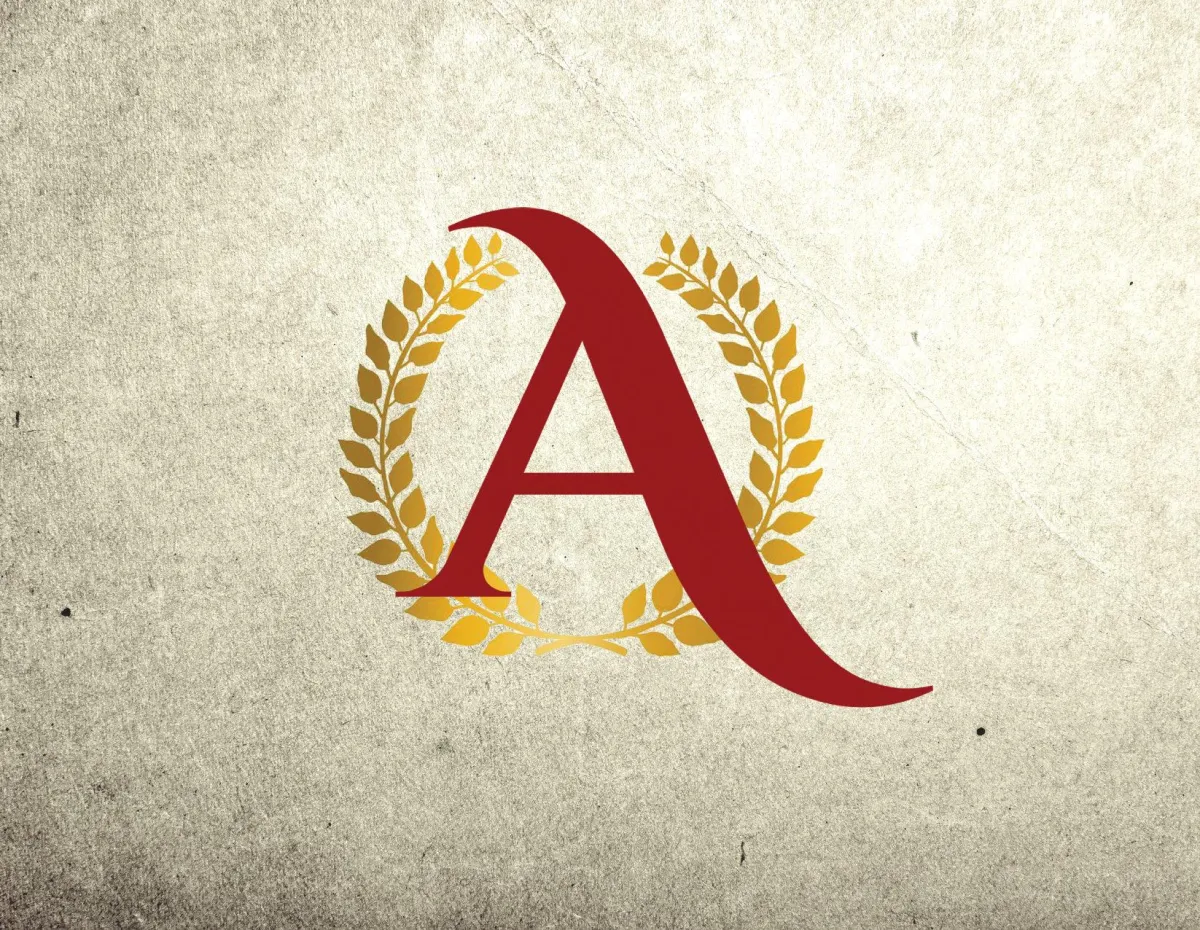
Brendan is an honest, trustworthy and hardworking individual. He continues to educate himself from industry leaders, increasing my support of these real estate professionals. He has displayed open and honest communication, willingness to take extra steps for success, and the ability to pull through when hit with the unexpected. I believe he has learned and experienced more than most at their stage in the game, and I am happy to recommend Ashton Fisher as a solid business option.
-Anonymous

CURRENT OPPORTUNITIES
Check out our current opportunities to get involved with hands - free real estate investing. All of our opportunities are sent exclusively to our members. Sign up for our monthly newsletter to receive these deals in detail, for your review, and to see if its for you!

PROVIDING VALUE
We are here to ensure that everyone gets value from good business. We want to work with willing people who want to be successful and share our vision of providing a superior product. Please reach out to us to find out how to get involved.

TO GET YOUR
-OFF-MARKET DISCOUNTED REAL ESTATE DEALS,
-THE MOST UP TO DATE REAL ESTATE NEWS,
-ASHTON FISHER UNIVERSITY ARTICLES AND
-VIDEOS
PLEASE SUBSCRIBE TO OUR DEAL ALERT NEWSLETTER!!
WE SEND OUT 1-4 DEAL ALERTS A MONTH!








